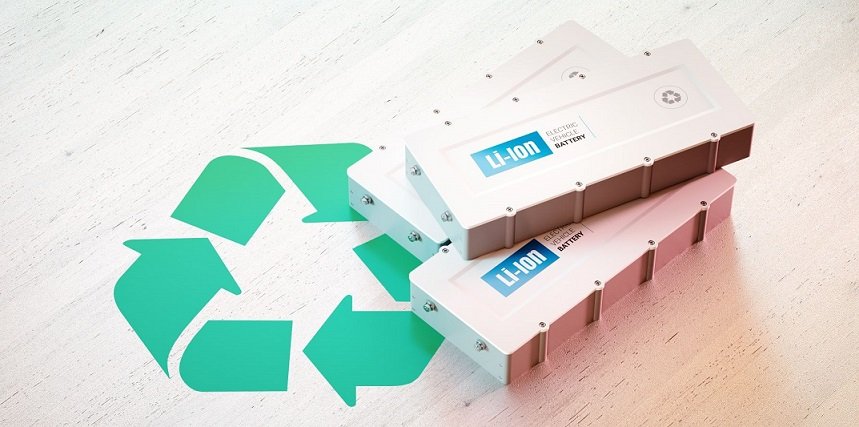On July 6, 2021, the Ministry of Environment (MOE) of South Korea published and enforced a partial amendment to the Enforcement Decree on the Act on Resource Circulation of Electrical and Electronic Equipment and Vehicles (Presidential Decree No. 31874). The amendment includes the delegation of the operation of the waste resources collection centers (hereinafter the “Collection Center”), which are facilities for collecting, storing, and recycling used electric vehicle (EV) batteries, to the Korea Environment Corporation (KECO).
To prepare for the further increase in the number of wasted batteries, due to the spread of EVs, the Collection Centers will be established in four regions across the country (Gyeonggi Province, South Chungcheong Province, Jeollabuk Province, and Daegu Metropolitan City) with an investment of KRW 17.1 billion (approximately USD 14.8 million). These Collection Centers will collect used batteries that EV owners return to the government, measure their residual value (e.g., remaining capacity and residual life), then recycle them (e.g., selling them to the private sector). In this way, the Collection Centers will serve as a distribution basis for the battery recycling system. The construction of the Collection Centers is expected to be completed in August 2021 and to start full-scale operation beginning in 2022 following a commissioning period.
On the other hand, to promote the recycling of used EV batteries, the MOE revised the Enforcement Rules of the Wastes Control Act in November 2020, adding used EV batteries to the waste type list and setting out technology and facility related standards that must be met to obtain a recycling business license. In general, there are two ways of recycling used EV batteries: 1) using them as an energy storage system (ESS) at solar power generation sites or as an electric bicycle battery through simple repair, repair and/or reassembly; and 2) collecting and utilizing valuable metals such as cobalt and nickel from used batteries through crushing, scraping and extraction processes.
Seo Youngtae, Director of the Resource Recycling Division of the MOE commented on the revision of the Enforcement Decree: “the industry sees the used EV battery recycling industry as an opportunity for innovative growth. They are showing keen interest and actively investing in the industry. We will continue to make preparations so that the Collection Centers can play a leading role for the used battery recycling industry.”
The notice on this amendment can be viewed at:
http://me.go.kr/home/web/board/read.do;jsessionid=oP7zwm5EjqqRffbvSkMdXVzA.mehome1?pagerOffset=30&maxPageItems=10&maxIndexPages=10&searchKey=&searchValue=&menuId=286&orgCd=&boardId=1462490&boardMasterId=1&boardCategoryId=&decorator=
- The Enforcement Decree on the Act on Resource Circulation of Electrical and Electronic Equipment and Vehicles (Presidential Decree No. 31874)
https://www.law.go.kr/LSW/lsInfoP.do?efYd=20210706&lsiSeq=233721#0000
 South Korea revises to promote recycling of used electric vehicle batteries
South Korea revises to promote recycling of used electric vehicle batteries 

























